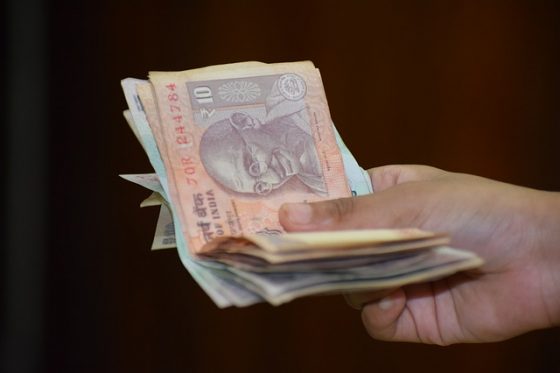Background :-
- Goods and Services Tax, a strong taxation system was introduced on 1st of July in India.
- Every product including aerated drinks, tobacco products, gold etc that was being imported or exported across the country was now committed to a new GST tax which ranged from 0% to 28%.
Impact of GST on Banking sector :-
- Under GST, banks are expected to obtain individually separate registrations for every branch set up across the country. This is mainly pushing the banking employees from their comfort zones as there was single centralized registration concept for all the banks till now. This problem becomes even more complex being directly proportional to the enormous number of banks and their respective branches that exist in India.
- With the advent of GST, the internal, as well as the external monetary transactions between two separate banks, is no longer free. This now comes with a small amount we are expected to pay at the time of a financial transaction.
- In the name of GST, we now have two types of taxes – Central GST controlled by the central government and the State GST which is controlled by the state itself. With such types of GST, the entire protocols of the banking sector are changed in terms of the service they provide to their customers.
- Point of supply identification offered to each customer holding an account in a bank, now have the luxury of transferring any cost to almost any part of India irrespective of the location of the bank the person has the account in.
- Previously input tax credit was not allowed according to the CENVAT protocols. But with GST in its full charge, this input tax credit is granted to the banks, reducing the tax evasion during an external supply of funds.
- In the course of GST, we now have the access for ensuring smooth business across India and its neighboring countries. With such exponential growth in business, a sudden increase in the demands of funds led to the growth in the number of transactions benefiting the banks. This lead to the overall advantage for the baking sector.
- A bank provides a diversity of services to its customers: debit card, credit card, net banking etc. With the new rules and regulation for banking under GST, the IT department demanded the upgradation of every system, along with the ATM machines and transaction systems.
Conclusion:-
Referring to all the banks and the banking sector of India, there has been a drastic change in the basic functioning of every organization. On one side we can go on criticizing about the amount of complexity GST has introduced in the Banking offices which demands upgradation of the software system flooding in, we must also throw some light at the exponential business expansion and the amount of profit is filling the Indian pockets. With the introduction of this uniform tax has been a blessing in disgrace on the poor society and painful for the business tycoons of the country.
Afterwords:- What is your opinion on this topic? Express your thoughts in the comment section below.
Copyright @ Group Discussion Ideas.

